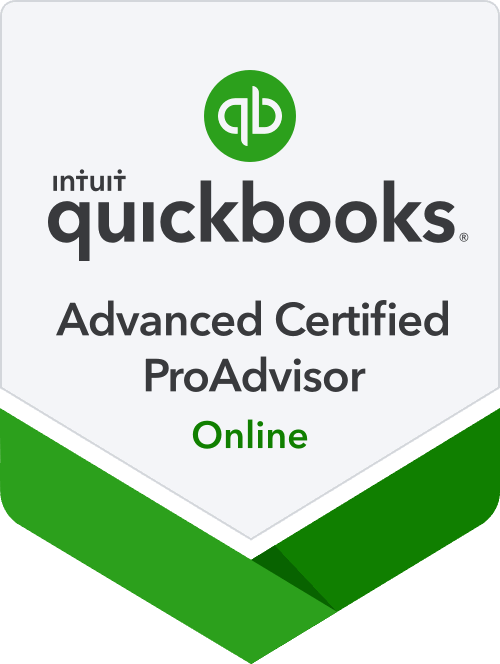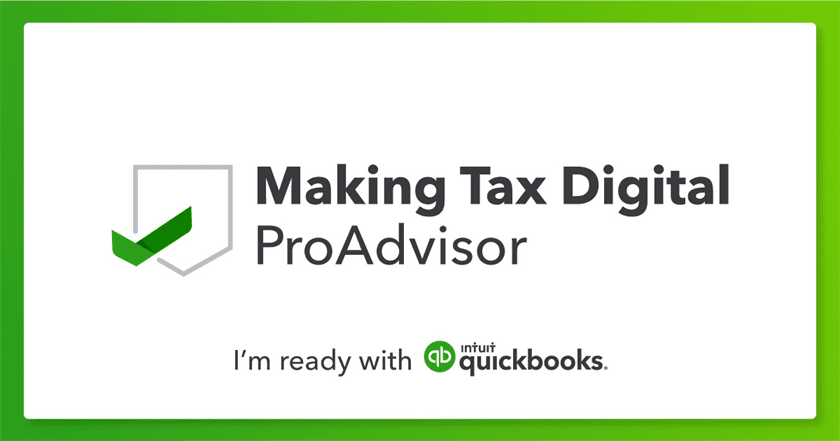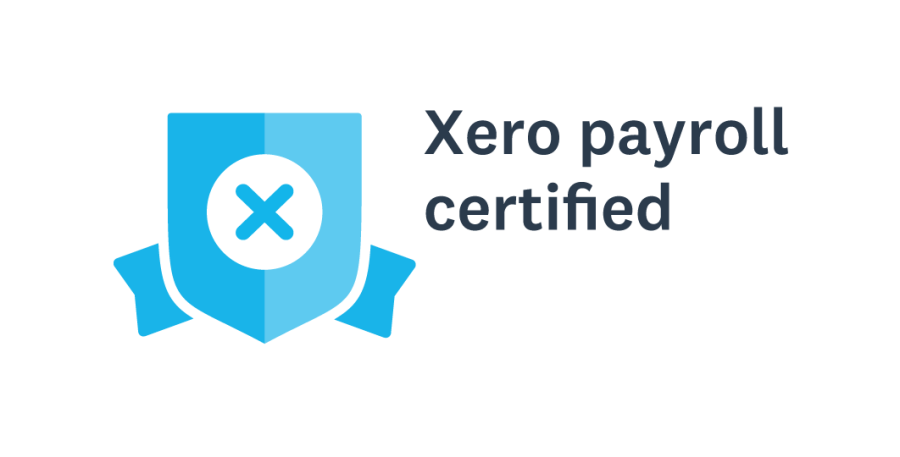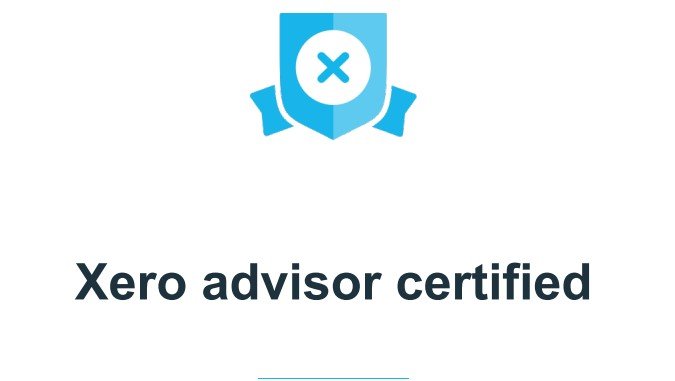Cloud Accounting
What does it mean….?
We live in a dynamic and fast changing technological environment, where cloud technology and apps are changing the way we do business; who would have thought a taxi firm, without any taxis [Uber] and a B&B business that doesn’t have it’s own real estate [Air B&B] could both be highly profitable and successful businesses. These firms have capitalised on IT technology, mobile apps and the internet to run their businesses. The accounting industry is embarking on this same journey; the introduction of MTD (making tax digital) is the start of the process with HMRC and accounting software providers such as Quickbooks & Xero pioneering the journey into “cloud accounting”.
So what is “cloud Computing” and what does it mean?
The term “cloud computing” is everywhere, but what is it, where is it and are we in it now - questions you’ve probably heard or even asked yourself. In its simplest terms, cloud computing means storing and accessing data programmes over the internet instead of your computer’s hard drive. The cloud is just a metaphor for the internet.
Cloud Accounting
Accounting has traditionally been executed using applications and software hosted locally on a desktop computer’s hard drive; cloud accounting is executed using software that is hosted remotely on the cloud i.e. online.
So what are the benefits of Cloud accounting?
The cloud accounting software landscape encompasses many solutions designed to serve a number of accounting/bookkeeping functions. Benefits will vary between solutions, but in general benefits include:
The ability to automate many manual accounting & bookkeeping processes, saving time and increasing efficiency, allowing you to spend more time on business growth;
The ability for data to be accessed anywhere, regardless of location or device, facilitating remote services and “anytime” communication;
The ability for data to be updated in real-time. Being able to access financial data and information quickly (i.e. in real time) empowers businesses to make informed decisions sooner rather than later;
The ability to easily scale to meet growing business needs; cloud accounting makes this easy and can scale immediately;
The ability to facilitate a paperless environment, which will eliminate the need to physically store and manage paper documents, which is not only beneficial from a cost and office space perspective, but also for the environment;
The ability to reduce costs. Cloud-based software does not incur the cost associated with traditional software (including maintenance, upgrades, system administration etc.);
The ability to integrate with other cloud solutions, improving efficiency and increasing the power of your cloud accounting technology stack.
Contact Us
Ready to take the next step? Contact us today to discuss your business and
find out how we can help you.






